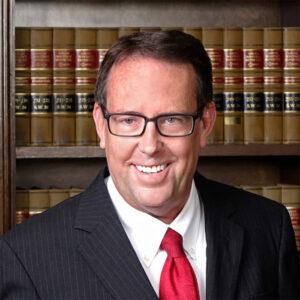What do you know about Trusts? Trusts aren’t just for the uber-wealthy; using one in your estate plan can make sense no matter how much money you have. But work with an experienced estate planning attorney like the ones at Beck, Lenox & Stolzer Estate Planning and Elder Law, LLC, to see if a trust is right for your situation.
A survey by Wealth.com found that three-quarters (76%) of respondents created an estate plan to take care of their families.
A trust could help you achieve that goal with its combination of privacy, asset protection, and the ability to avoid the potentially drawn-out process of probate.
Fortunes’ recent article, “Understanding trusts: An important estate planning tool for everyday Americans,” explains that at its core, a trust is a legal document that creates a triangle-like relationship between three different parties: the trust, its trustee, and its beneficiaries.
- The trust is the legal entity that holds title to the assets;
- The trustee is the trust’s decision-maker; and
- The beneficiaries are those who receive assets from the trust.
A trust—created by the grantor (the person who owns the assets)—says how assets can be used during their lifetime and how they should pass to the grantor’s beneficiaries when they die. Trusts offer an added estate planning perk: avoiding probate.
And while the word “trust” might be intimidating, they’re just arrangements that most people already use in their day-to-day finances.
While there are different types of trusts, they all work the same way. The grantor establishes the trust and specifies how the assets in the trust should be managed and transferred to the beneficiaries at their death.
So, what do you know about trusts? Did you know that the grantor will put assets in the trust, which removes the assets from the grantor’s name and estate?. In addition, the grantor names a trustee, the person charged with making the day-to-day decisions for the trust, its assets, and its beneficiaries. When the grantor dies, the trustee will direct the distributions of assets held in the trust according to the trust’s terms.
An estate planning attorney is needed to help you select the trust that works best for you and your desired goals. If you are looking for an experienced attorney in this practice area, check out Beck, Lenox & Stolzer’s website and click here to schedule a complimentary consultation with Jayson Lenox or Caroline Daiker.
Reference: Fortune (June 9, 2023) “Understanding trusts: An important estate planning tool for everyday Americans”










